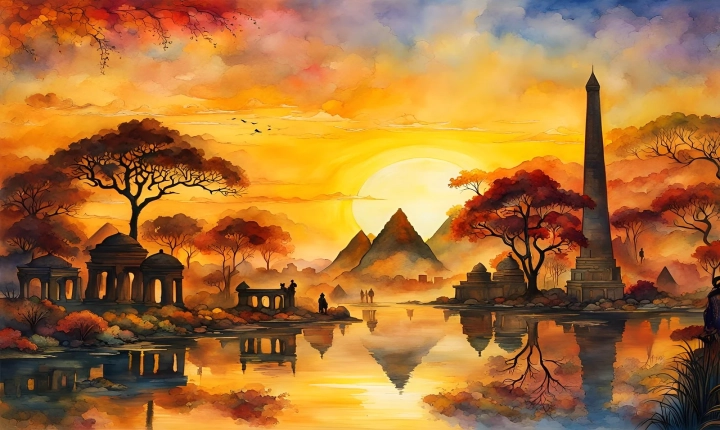Can AI Works Be Copyrighted?
With the advancements in artificial intelligence (AI), the question of whether AI works can be copyrighted has become a topic of significant legal and ethical debate. As AI continues to evolve and generate original works, there is a need to address the legal framework that governs the protection of these creations.
Copyright law traditionally protects original works of authorship that are fixed in a tangible medium, such as literature, music, and art. These works are created by human authors, and the law provides them with the exclusive rights to reproduce, distribute, and publicly display their creations. However, as AI becomes increasingly capable of generating works that are indistinguishable from those created by humans, the issue of whether AI-generated works can be considered the product of an author’s creativity arises.
One argument is that since AI lacks human agency and consciousness, it cannot be considered an author, and therefore, its works cannot be copyrighted. Proponents of this view posit that copyright protection should be limited to human creators who exercise intentionality and expressivity in their work.
On the other hand, there is a growing consensus that AI-generated works should be eligible for copyright protection. Advocates of this position argue that the focus should be on the creativity and originality of the works themselves, regardless of the identity of the creator. They contend that if AI produces original, creative works that meet the standard of copyrightability, they should be afforded the same protection as human-created works.
In a landmark case in 2018, the United States Copyright Office granted copyright registration to an AI-generated artwork, highlighting the evolving interpretation of copyright law in the context of AI creations. This decision marked a significant shift in the legal landscape and raised important questions about the implications for the future of copyright protection in the era of AI.
Nevertheless, the issue of ownership and authorship remains a challenge. In the absence of a human creator, determining the rightful owner of AI-generated works becomes complex. For example, in instances where an AI system is programmed and trained by human developers, should they be considered the authors of the works produced by the AI?
These questions underscore the need for a nuanced approach to copyright law that considers the unique characteristics of AI-generated works. Legal frameworks must evolve to accommodate the evolving role of AI in creating original content, while also addressing the ethical and moral implications of according legal protection to non-human entities.
As AI technology continues to advance, it is essential for policymakers, legal experts, and industry stakeholders to engage in a thoughtful and proactive dialogue to shape the future of copyright law in a way that fosters innovation while also preserving the rights of creators, whether human or artificial.
In conclusion, the question of whether AI works can be copyrighted is a complex and multifaceted issue that requires careful consideration. As AI-generated works become increasingly prevalent, it is crucial to ensure that copyright law evolves to provide adequate protection while also addressing the unique challenges posed by AI creativity. Finding a balanced and equitable approach to copyright in the age of AI will be essential in navigating the intersection of technology, creativity, and intellectual property rights.
